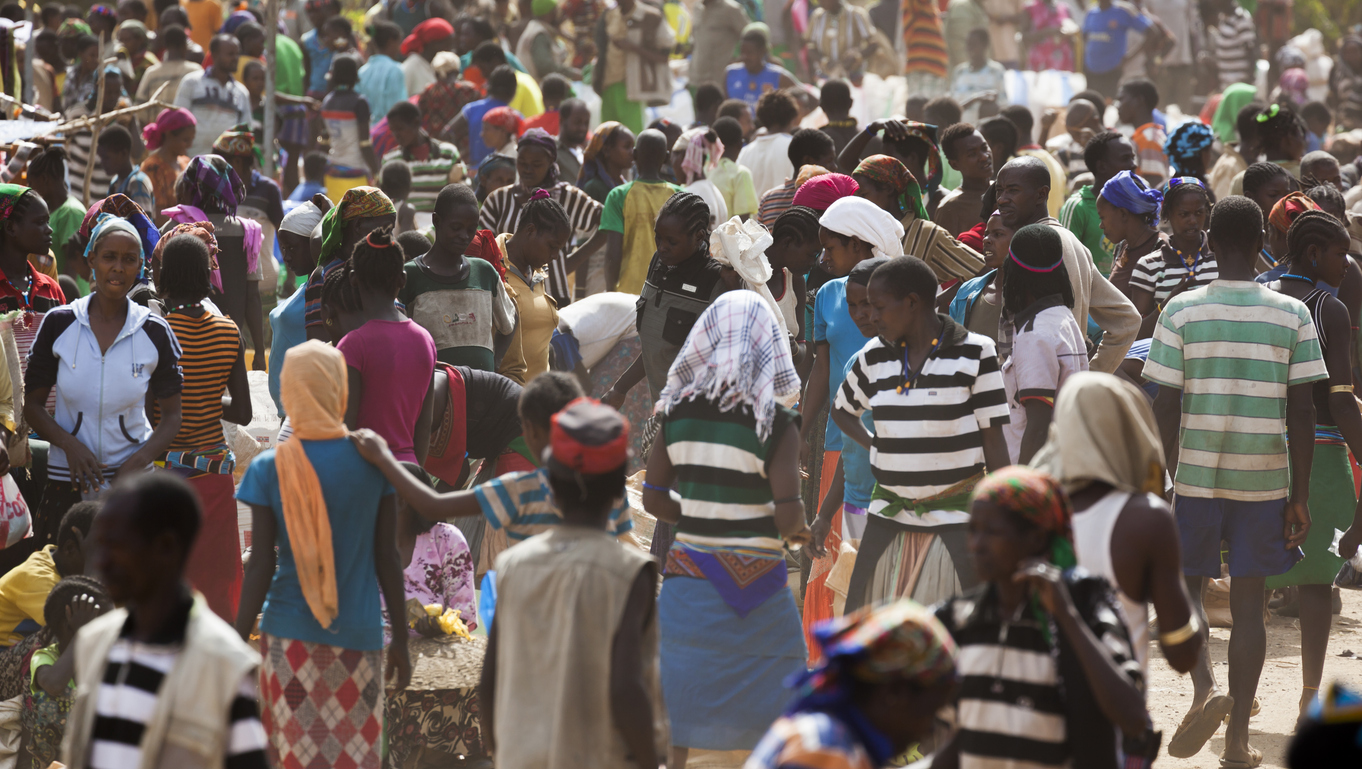
Findings from a large study in California, which distinguished the COVID-19 pandemic period from individual SARS-CoV-2 infections, suggest that SARS-CoV-2 infection is tied to increased preterm birth (PTB), high blood pressure during pregnancy, and severe maternal morbidity. The study is published as a research letter in JAMA Network Open.
Researchers looked at live birth data from California hospital discharge records for 2019 to 2020. They compared pregnant women with COVID-19 in 2020, pregnant women without COVID-19 in 2020, and prepandemic pregnant women in 2019.
Overall, parents with COVID-19 infections were more likely to be Hispanic, have lower education, receive public insurance, and live in lower income neighborhoods compared with the other groups, the authors said.
Infection tied to high blood pressure, severe outcomes
Birth outcomes noted included preterm birth (PTB), high blood during pregnancy, gestational diabetes, and severe maternal morbidity.
Compared to 2020 births without COVID-19 infections, there were higher burdens of PTB (2.8%; 95% confidence interval [CI], 2.1% to 3.5%), high blood pressure (3.3%; 95% CI, 2.4% to 4.1%), and SMM (2.3%; 95% CI, 1.9% to 2.7%) among women with COVID-19.
This study adds to understanding of the associations between COVID-19 and perinatal health in a large, diverse population.
"This study adds to understanding of the associations between COVID-19 and perinatal health in a large, diverse population by distinguishing the connections of SARS-CoV-2 infection from those of the COVID-19 pandemic period with PTB and birth parent conditions," the authors concluded.













